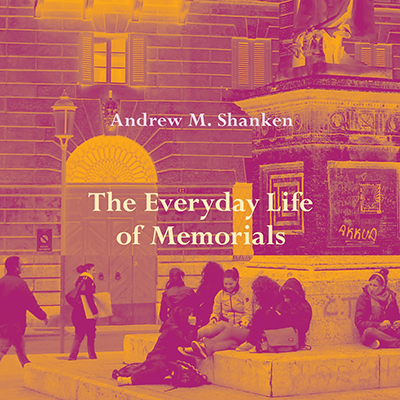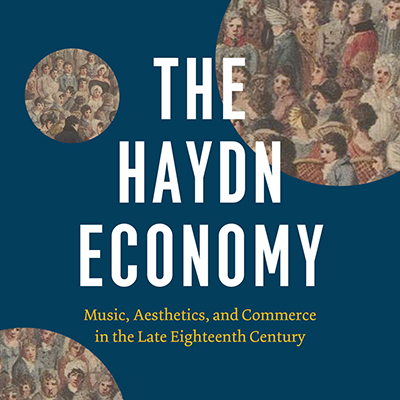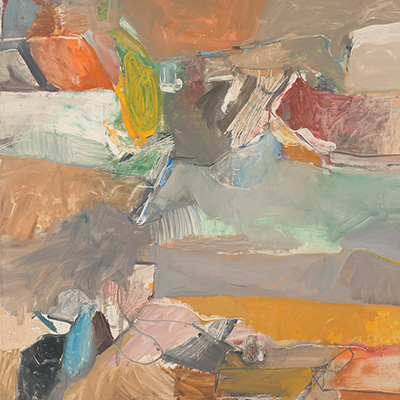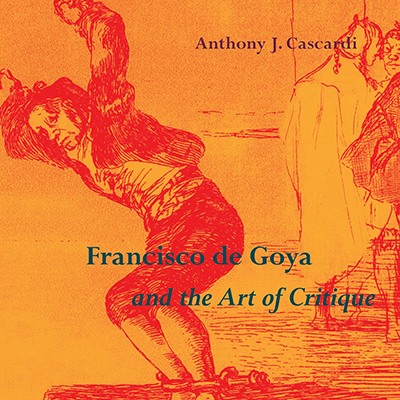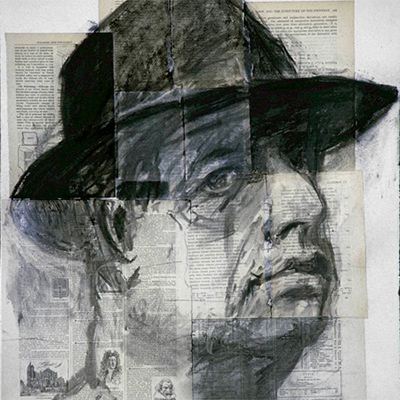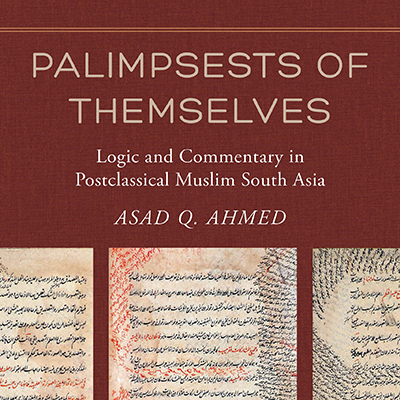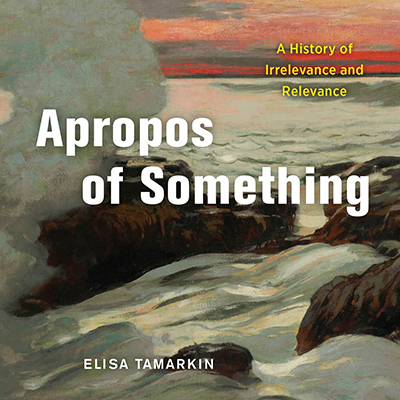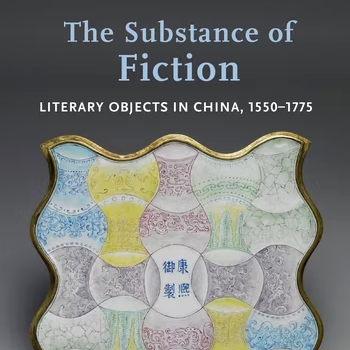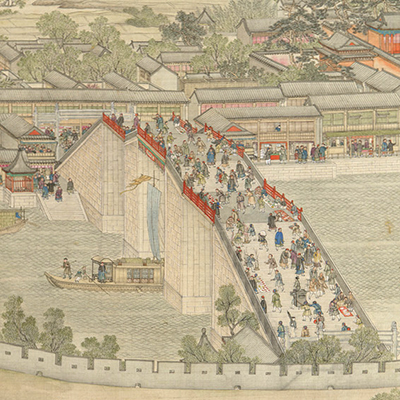Cultural theorist and literary critic Sianne Ngai is the Andrew W. Mellon Professor of English at the University of Chicago.
In his study of the ordinary — and oftentimes unseen — lives of memorials, Andrew Shanken explores the relationship of commemorative monuments to the pulses of daily life.
The Haydn Economy: Music, Aesthetics, and Commerce in the Late Eighteenth Century
Analyzing the final three decades of Haydn’s career, Nicholas Mathew uses the composer as a prism through which to examine urgent questions across the humanities.
Dylan Riley
Dylan Riley responded to Covid lockdown with the tools of his trade, producing an extraordinary volume of over a hundred short essays inviting us to think about how critical sociology can speak to this troubled decade.
In his innovative study of Goya's body of work, Anthony Cascardi argues that the artist is engaged in a thoroughgoing critique of the modern social and historical worlds.
South African artist William Kentridge is the 2022-23 UC Berkeley artist-in-residence. In this visually illustrated lecture, he reflects on the creation of his chamber opera Waiting for the Sibyl, and on his multifaceted artistic practice.
Palimpsests of Themselves: Logic and Commentary in Postclassical Muslim South Asia
Asad Ahmed offers an intervention in current discussions about the fate of philosophy in postclassical Islamic intellectual history.
In her history of the idea of "relevance" since the 19th century, Elisa Tamarkin explores the term as a means to grasp how something once disregarded, unvalued, or lost becomes interesting and important.
Sophie Volpp considers fictional objects of the late Ming and Qing that defy being read as illustrative of historical things, and are instead often signs of fictionality itself.
Communities in China: Ethics, Laws, and Politics
Loubna El-Amine and Haiyan Lee contrast visions of the good life in communities in Early China and in today's PRC, using them as vantage points from which to explore the moral imagination.

